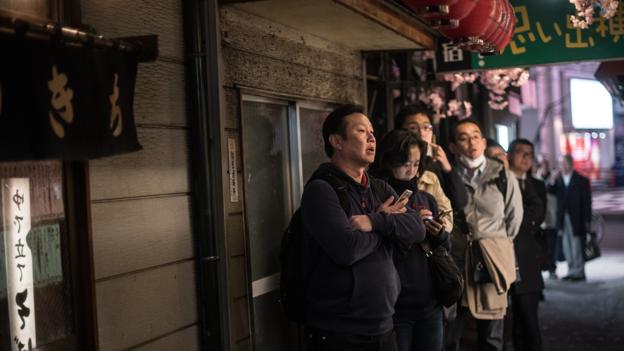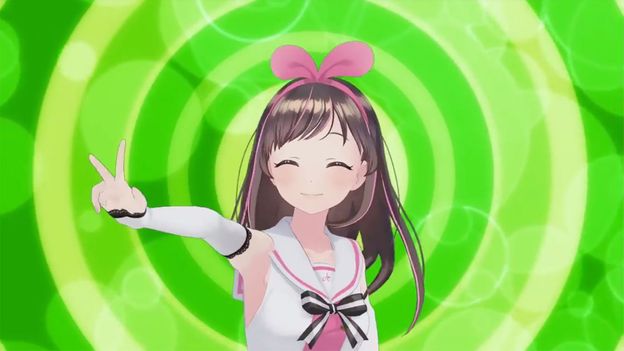Sometimes in life, bad stuff happens – you’re stuck in traffic and late for work, you lose your wallet or you dent your car door.
Many people would approach these situations by blowing up, shouting obscenities and devoting all their energy to finding a way out of the situation. But in Japan, it might be more likely to be met by a ubiquitous phrase with a different meaning: shou ga nai.
This phrase, or a more formal variant, shikata ga nai, is often used in common situations that are generally negative but leave you no alternative but to get over it. Its loose English translation is “it can’t be helped”.
Rochelle Kopp, a consultant who helps Japanese and non-Japanese companies communicate better, has dealt with the phrase plenty of times.
When working with Japanese companies, “someone I have been working with will be rotated at short notice, often with very poor timing,” she says. The response? Shou ga nai. “I realise that my likelihood of ever changing it is the same as the likelihood of my stopping the earth turning.”
In such situations, she feels that “from my American cultural perspective, it sounded like people were giving up just when I thought that they should be putting up a fight.”
But this phrase isn’t a cultural concept unique to Japan. Rather, it expresses a universal sentiment, says Miyako Inoue, an associate professor of anthropology at Stanford University.
“In everyday life in America, for example, I hear people expressing the same sentiment… ‘What is done is done,’, ‘Let it go and move on,’,” she says.
This phrase – and the sentiment behind it – raises some interesting questions. Is there something useful about the meaning of phrases like shou ga nai? Is there anything freeing about accepting frustrating situations, rather than trying to constantly fight them?













